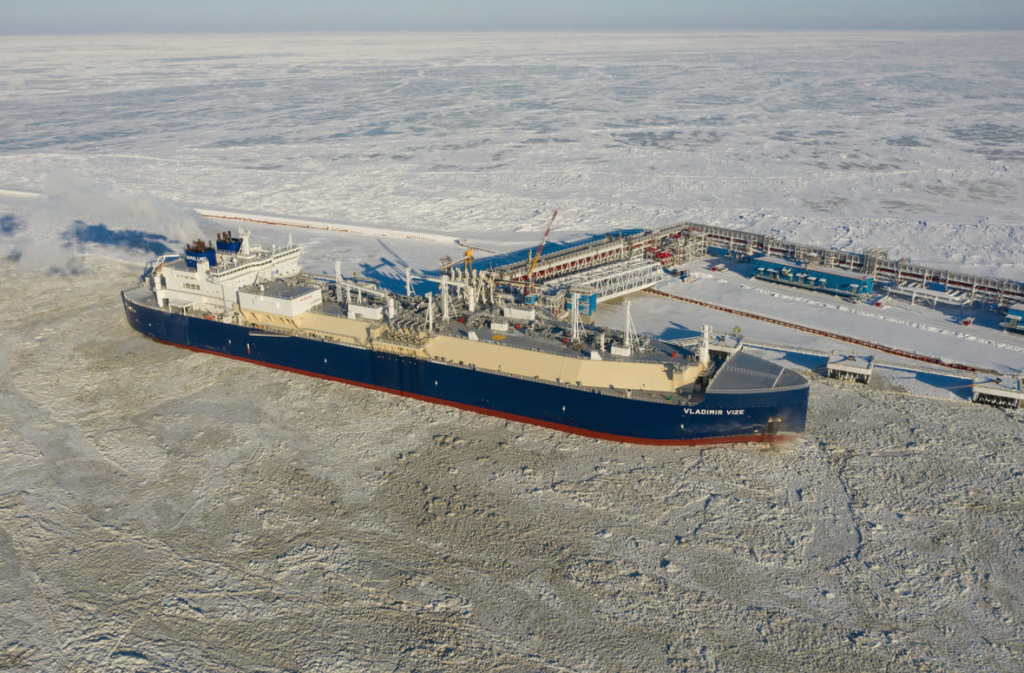The EU sanctions on the gas from Russia regard also the financing of the terminals GNL on Arctic and Baltic
Stop Russian gas exports to European waters. In the 14th package of sanctions linked to the invasion of Ukraine there is space, for the first time, also the liquefied natural gas of Moscow. So far, Brussels has only taken action on oil and refined products. EU sanctions on gas from Russia are unprecedented but will not affect imports en bloc: they will touch only a fraction of the volumes still mobilized by the Kremlin.
No for Germany and Hungary
The decision taken by the 27 ambassadors to the EU on 20 June comes after lengthy internal discussions. Germany and Hungary held the deal in check for weeks, albeit for different reasons. Orban’s government is openly opposed to any energy sanctions against Russia and since 2022 has used the various sanctions packages to snatch concessions – both on gas and oil, and on other dossiers. In this case, he wanted assurances that the expansion project of the Paks II nuclear power plant – supported by Russia – would not come under sanctions under any circumstances.
For Berlin it was another matter. The Scholz government feared that the new EU sanctions on gas from Russia would impose additional and onerous obligations on European operators. The German ‘no’ fell only after the ambassadors, meeting in Coreper, deleted a clause which, according to Berlin, could have harmed small businesses. And the 14th round of sanctions will then be subject to an impact study, according to which it could be further recalibrated.
What are the new EU sanctions on gas from Russia?
Despite being, formally, an unprecedented step, the sanctions decided yesterday in Brussels have brought an impact on Moscow’s profits rather limited. Only LNG ends in the crosshairs, not pipeline gas. It is only that share that is imported from EU countries and then re-exported to other ports, mainly in Asia. The major importers of LNG from Moscow, namely Spain, France and Belgium, will be able to continue to receive Russian tankers without any problems.
Gas from Russia: in the last year, Europe has imported 38% of gnl in more
On balance, the Russian LNG accounts for only 5% of the total gas consumption in the European Union, and at current prices it flows into the coffers of the Kremlin about 8 billion euros per year. Hitting only the re-exports means, probably, to touch about ¼ of this volume, little more than the 1% of all the gas that Europe consumes in a year. In addition, EU gas sanctions from Russia also include a stop to the participation of European companies in projects for Russian LNG terminals on the Arctic and the Baltic.

